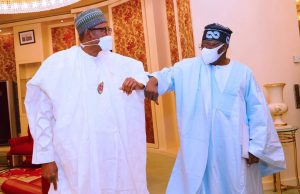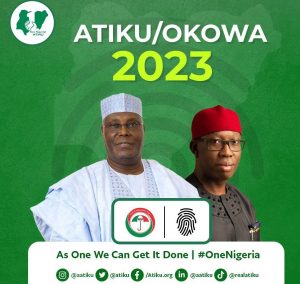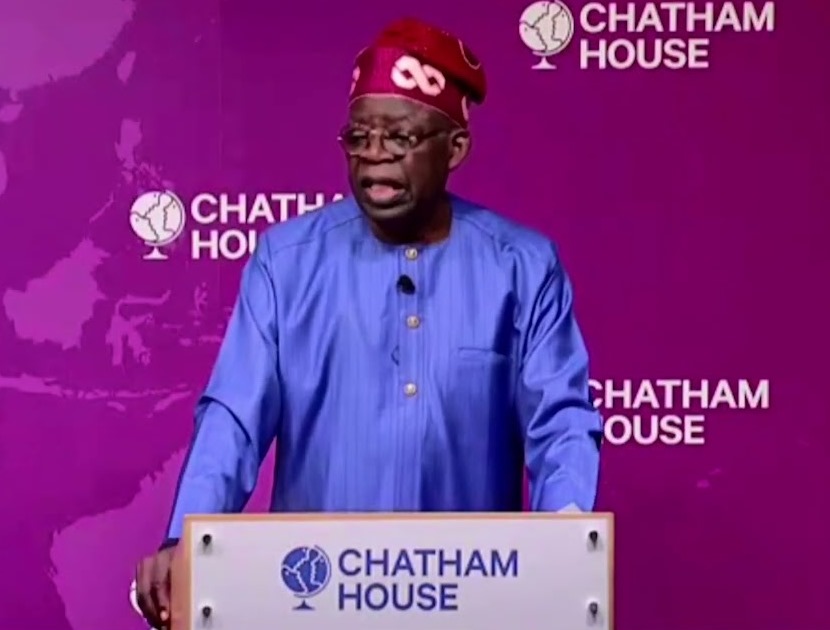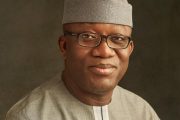By Aminu Habibu Jahun
Apart from the British supervised transition which installed its own preferred candidate – late Sir Tafawa Balewa – into office and the military supervised transitions which did so too in the case of Shagari and then the late Umaru Musa YarAdua (installed by Obasanjo’s militarism), there seems to be a proven rule on the quest for Nigeria’s presidency: It is not a first time seek and grab office. The rituals for seeking the office include a long period of political trials which only the most patient can endure. And the most patient are becoming an endangered specie of the political class, with the urgency and desperation to become president at first attempt.

There is no art to find a man’s construction on the face. Otherwise, we could simply peep into President Buhari’s face to discover whether it will be ‘his’ turn or not or whether the political General will simply overwhelm the military General again!
The almost life long political struggles of the late frontline statesmen – Chief Obafemi Awolowo, Dr Nmandi Azikwe, Mallam Aminu Kano and the protracted political lives of late Ibrahim Waziri and Tunji Braithwaite and now of Atiku Abubakar’s bids since the Third Republic attest to the rule. President Muhammadu Buhari, the most famous presidential contestant in this regard in the political annals of the nation, made three unsuccessful attempts before he clinched the office in the fourth. He is thus the embodiment of the rule.
So, there is something not easily understandable when Asiwaju Bola Tinubu, with the assured mien of a president-elect awaiting inauguration, vocalises authoritative claim to the nation’s top job in his ’emi lokan’ or “it is my turn” paradigm during a presidential campaign in Abeokuta. It is a declaration which doubles as a helpless cry that this turn is being derailed by an excruciating fuel scarcity and a protracted change of currency few weeks to general elections, shattering plans and preconceived electoral strategies. If the Asiwaju had appreciated the character of past presidential contests and the changes in the electoral laws which make the imposition of an establishment candidate impossible, he would not have made his claim in such a definitive manner because other candidates are not precluded from invoking it and striving for it. Those like Atiku Abubakar who have been in the race for a longer time would certainly feel better positioned to make such a claim. But it is doubtful if he would because he must know that longevity of pursuit of presidential power does not give the right to a definitive claim to the ‘throne’.

Would longevity in the race give him the power?
Framing the quest as a definitive entitlement can trigger the question as to what turn Asiwaju might have meant. Is it the type the late Chief Awolowo wanted? Or Dr. Azikwe’s? Or, Mallam Aminu Kano’s? Or, something similar to Gen Buhari’s third attempt in 2011, four years before its appointed hour? Or, similar to Atiku’ s last attempt in 2019?
The mode of its declaration suggests that the claim is strong and different, dictated more by his prominent role in the consummation of the merger of political parties which formed the APC in which a political general, (a Tinubu) rescued a military general, (a Buhari) from the troubled waters of Nigerian politics, with an expressed or implied reciprocity in 2023. Surely President Buhari would deliver his side of the bargain, only that his best might be deemed inadequate. Surely, he would provide moral and political support coterminous with his transparent principles and surely, unlike Obasanjo, he would neither twist laws nor invoke powers to undermine peoples’ wishes. The problem lies in how moving in those paths might not be coterminous with Asiwaju’s presidential aspirations. Herein lies the problem, which gives rise to the various contestations about PMB providing or withholding support to Asiwaju’s presidential bid.
It requires more than hyperactive declarations to become Nigeria’s executive president. If declarations could manufacture a president, late MKO Abiola’s Epetedo’s declaration on June 11th, 1994 would have made him president. Declarations divorced from objective contexts can be just fanciful words.
With the Electoral Act 2022; PMB’s commitment to credible polls; the restiveness of some Christian communities over Tinubu’s same religion ticket, the opposition’s doggedness for a big electoral fight and the desire for change in some quarters, Asiwaju would be a special presidential material and a challenge to the unwritten rule that Nigeria’s presidency is not for first timers.





























1 Comments
Abdullahi Musa
The fact of Atiku’s campaign poster appearing in the article can make us believe the writer is rooting for Atiku.
Nothing wrong with that. If there is any flaw, it is in refusing to bring into focus other relevant factors that made Asiwaju Bola Ahmad Tinubu to stake the claim that it is his turn.
The author himself acknowledged that Asiwaju was instrumental in the formation of APC.
Not only that, he it was who influenced the voting pattern or behaviour : that South West always voted for its own, and made a significant portion of it to vote for Buhari.
Believing it is the turn of South to produce the president, APC governors ‘tactifully’ withdrew from the race, lined up behind Tinubu instead of his former protégé, Pastor Osinbajo who is still a serving Vice president, ( a seat that actually belonged to Tinubu, but robbed because in Nigeria’s political arrangement a Southerner becomes a Muslim to his political peril, just as it insists that a Christian president cannot come from Northern Nigeria)
The falsity of our nation is attested to by the threat of the nation’s disintegration any time presidential election is around the corner.
Is Atiku destined to become president purely by the number of his previous attempts?
That I doubt. His success might come about if Northern voters come to believe that they owe Tinubu nothing irrespective of the wishes of APC governors, and if religious bigots like Obasanjo convince a significant number of Christian Yoruba that it is better to vote a Christian Igbo in the person of Peter Obi than a Yoruba Muslim in the person of Bola Ahmad Tinubu.
The older generation of Nigerians might have to accept it that a united Nigeria is not achievable in their lifetime.